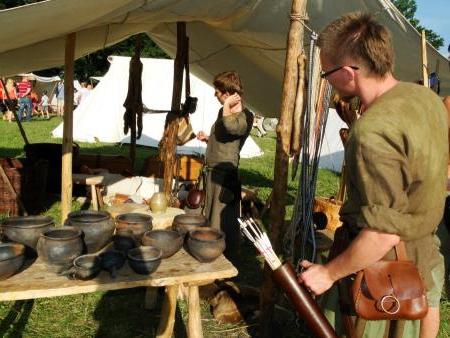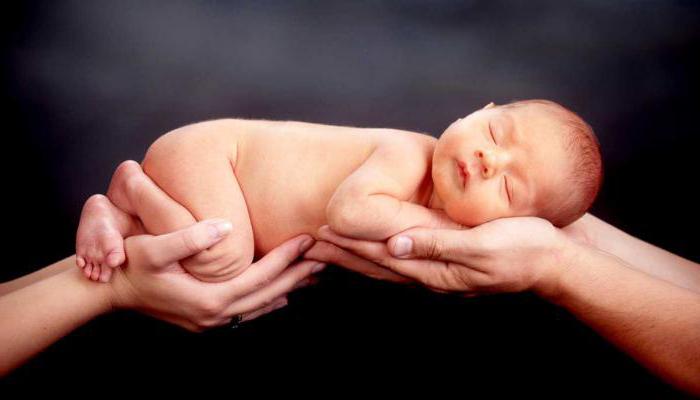Curious fact: how much of what we consider to be our own, ours, by origin is borrowed. Take, for example, such "primordially Russian" names as Olga (Scandinavian), Catherine (Greek), Mary (Hebrew) or Vadim (borrowed from Arabic), Paul (Latin) ... The fact is that with the adoption of Christianity on

Russia has changed and the tradition of naming. And before that, the Varangians influenced the composition of the names - hence the large number of Scandinavian by origin (Igor, Oleg).
Truly Slavic names remained for a long timeforgotten. After all, children after the baptism of Rus were called not arbitrarily, not by choice, but by the saints. Original Russian names were replaced by "new-fashioned" Christian - Greek, Latin, Jewish. And only recently the tradition of naming children "in Slavic" began to revive. What are these primordially Russian names? First of all, they contain a "transparent" etymology. That is, we understand their meaning without additional interpretations. For example, Lyudmila, Svetlana, Vladimir, Velimir. With the root "-slav" (known, glorious), there are a large number of names. It is not only Vladislav, Svyatoslav, Yaroslav who we know. This is Wenceslas, Izyaslav, Ratislav, Pereslav. And women: Miroslava, Putislava, Boguslava, Vedislav. Russian names contain other significant roots. For example, "yar" - from the Slavic sun god Yarila: Yarina, Yaroslav, Yaromir (-a), Yaromil, Svetoyar, Yaropolk. The root "light" is known for such primordially Russian names (Eastern Slavic): Svetopolk, Svetozar, Svetomir, Svetogor, Peresvet, Svetochika, Svetoslav ...
Calling the baby, our distant ancestors tried to emphasize

some feature. Therefore, the kids had temporary names - rather, nicknames, which later - through many centuries - became surnames: Molchun, Nezhdan, First, Tretyak. Only later, with the ceremony of cutting hair, that is, when the baby was executed for a year, three years, it was called anew. There were also traditions of name change. For example, after reaching adulthood, after recovery, after marriage at adulthood. It was believed that the name bears a destiny in itself. In addition, there were certain prohibitions. It was impossible to name the child by the name of the family members living in the house or the deceased older children. Traditionally, the tradition was called "by grandfather," since it was believed that the share is passed through a generation. What other native Russian names can you remember? Of course, with the root of "God" (Bog): Bogdan, Bozhen, Bogolyub, Bogumil (-a), Bozhidar ... There were many names and with the element of "blessings": Blessed, Blagomir, but more often with the East Slavic "good - ": Dobroslava, Dobromir, Dobromil, Dobronav, Dobrynya. The root "lyub" was also widespread: Lyubomyr, Lyuboslav, Lyubomysl, Lyubim, Liubava.

Aboriginal Russian names carried a positive message,brightly positive connotations. Therefore, most often the roots (words) were chosen with a kind, bright meaning. Full Russian names often consisted of two parts. One should also remember such wonderful anthroponyms as Radoslav, Radmir, Radoslavet, Lada, Milana, Milena, Milorad, Milovan. And also later (because they contain the Old Slavonic incompleteness) Zlatomir, Zlata, Zlatoyar, Zlatogor. The original Russian names Ruslan or Rostislav are also popular today, but such forgotten ones as Zabava, Boyan, Siyan, Dobrava are worthy of attention.</ p>>











